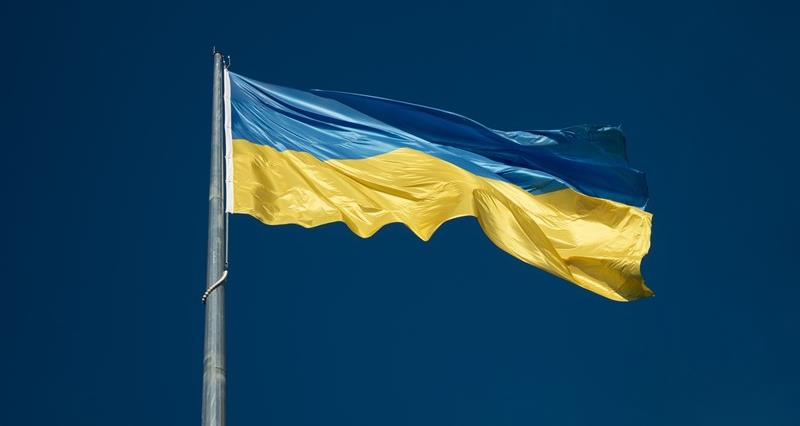By Jenny Brunton, Senior European Policy Advisor, British Agriculture Bureau
The UN World Food Programme, which procures grains and food to distribute to poorer countries, bought just under 1.4m tonnes of wheat last year, of which 70 per cent came from Ukraine and Russia. Ukraine accounts for 90 per cent of Lebanon’s wheat imports and is a leading supplier for countries including Egypt, Somalia, Syria and Libya. The unprecedented cost of food will have the biggest impact on the food security of the world’s poorer grain importers.
“In a year when the world is already facing an unprecedented level of hunger, it’s just tragic to see hunger raising its head in what has long been the breadbasket of Europe,” said the UN WFP Executive Director David Beasley during a visit to a staging hub set up by the organisation on the Polish-Ukrainian border. “The bullets and bombs in Ukraine could take the global hunger crisis to levels beyond anything we’ve seen before.”
The Ukrainian agricultural organisation UNAF (Ukrainian National Agrarian Forum) has joined the European farming community by becoming a Copa and Cogeca partner. The farming community is mobilising at all levels to provide concrete support to the Ukrainian people. Last week I attended a meeting of Copa-Cogeca Cereals, Oilseeds and Protein Crops working party alongside Jamie Burrows, NFU East Anglia Combinable Crops Board Chairman, where farmers across Europe discussed the repercussions of the Russian invasion of Ukraine most productions being directly or indirectly impacted worldwide. Copa-Cogeca is clear that it is essential to have a European response that equals the humanitarian and economic disaster. Ukrainian farmers contending with a war may struggle to spread fertilisers and pesticides, or plant seeds for the spring crop. The breadbasket of Europe is in crisis and whilst Ukrainian stores themselves are still intact, the damage to key infrastructure such as ports and railways will make any possible exports incredibly challenging. There is currently 5M/t in vessels gridlocked due to blockade of the Sea of Azov. The following had still been expected to be exported into the European market:
- 5M/t of Russian wheat
- 6M/t of Ukrainian wheat
- 15M/t of Ukrainian corn
Hungary has imposed restrictions on the export of grain in order to maintain domestic food supplies, Bulgaria is reportedly purchasing grain from local suppliers to bolster its strategic stocks and Ukraine itself is reported to be restricting export of rye, oats, millet, buckwheat, salt, sugar, meat and livestock. In an emergency Market Observatory Group meeting, the European Commission agreed to consider suggested measures to increase EU production of cereals and protein crops. These include a derogation on CAP requirements for crop rotation, allowing fallow and EFA to be used for protein crops (and potentially other crops), and potential Emergency Authorisations for plant protection products.
It is increasing looking likely that the market will be significantly undersupplied of much needed grain. Although grain prices are at unprecedented highs, this does not address the huge rise in input costs, or concerns of availability of fertilisers and pesticides. The implications on global food security are troubling and if farmers need to alter production, then decisions need to be made as soon as possible to allow implementation for the 2022 growing season.
